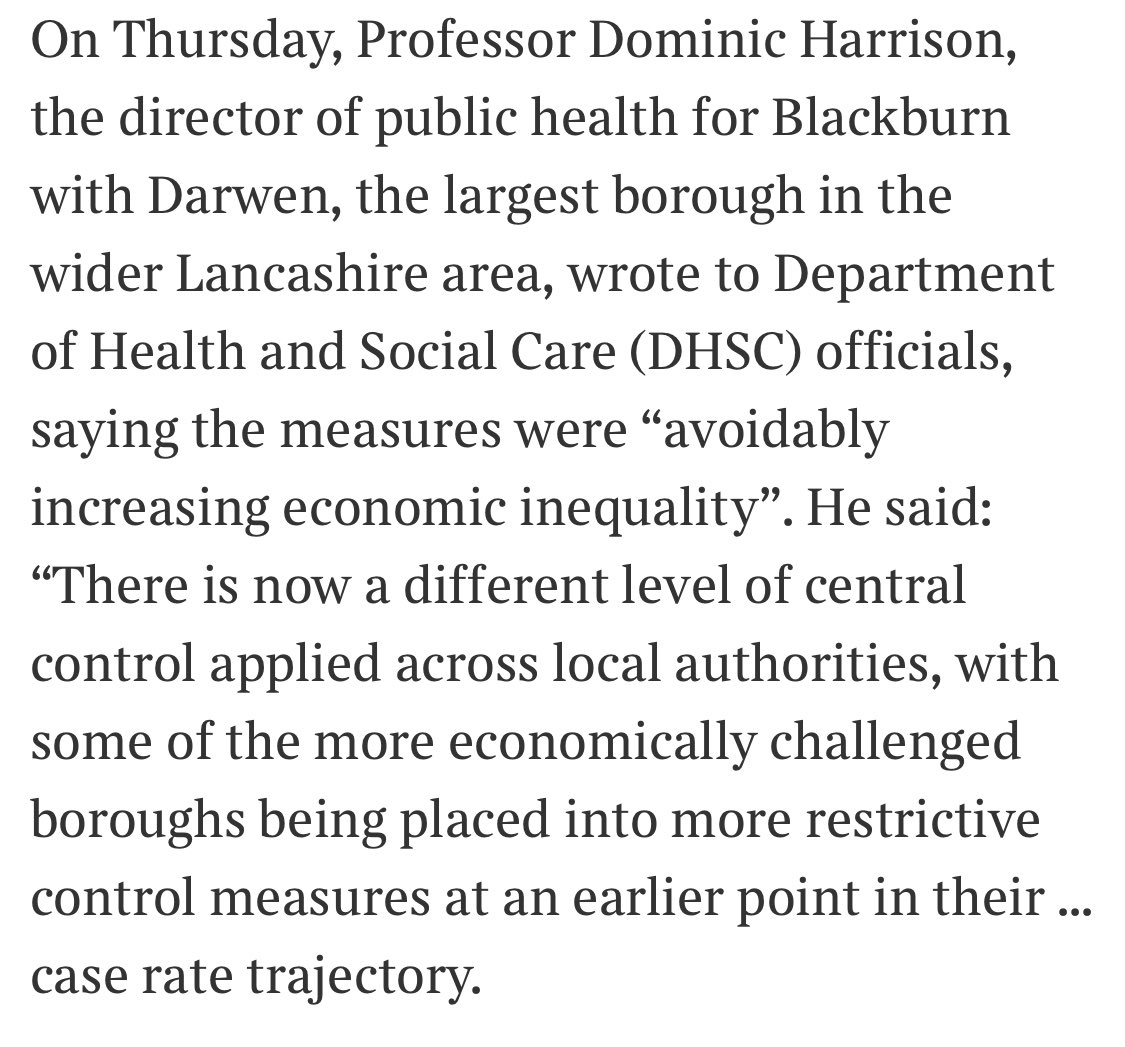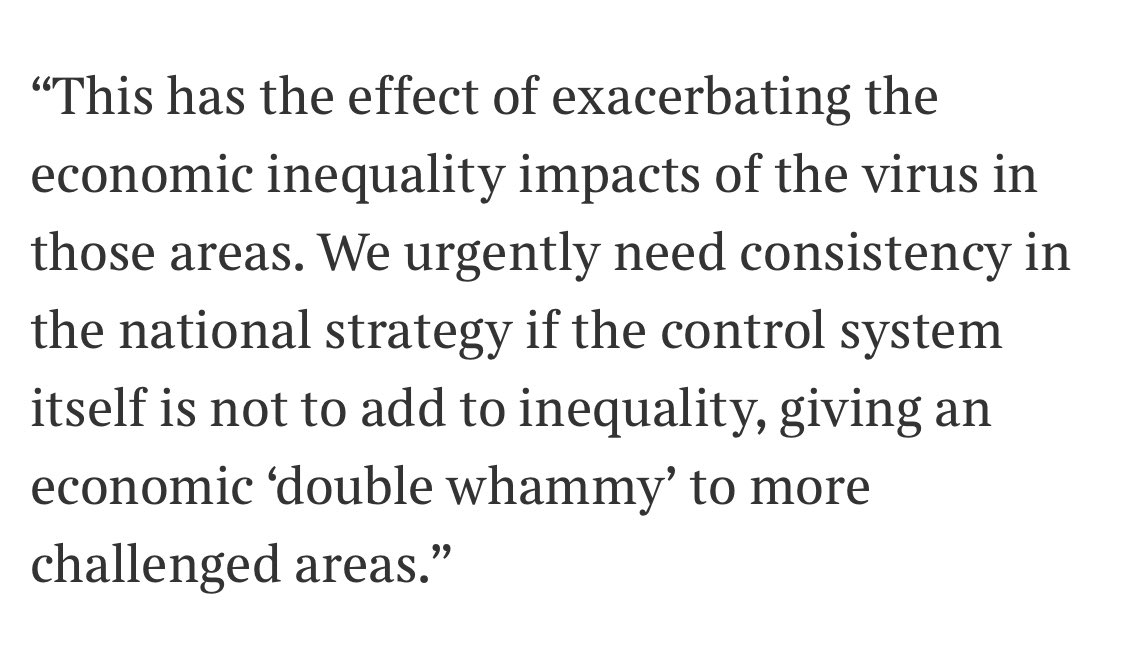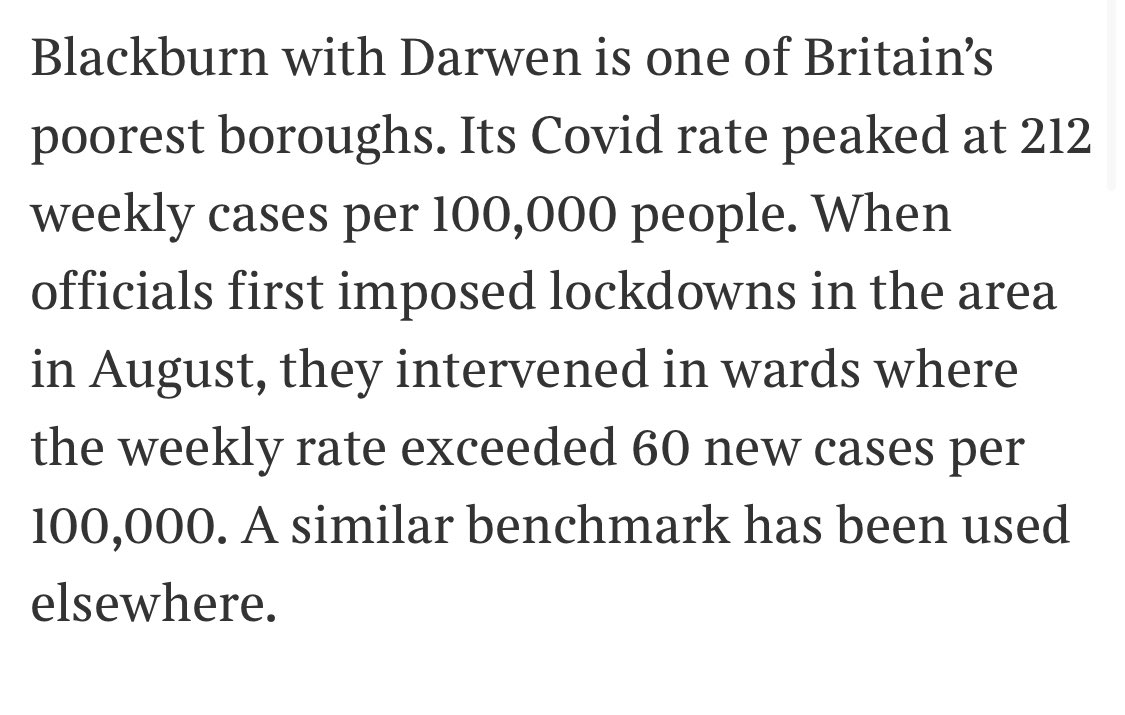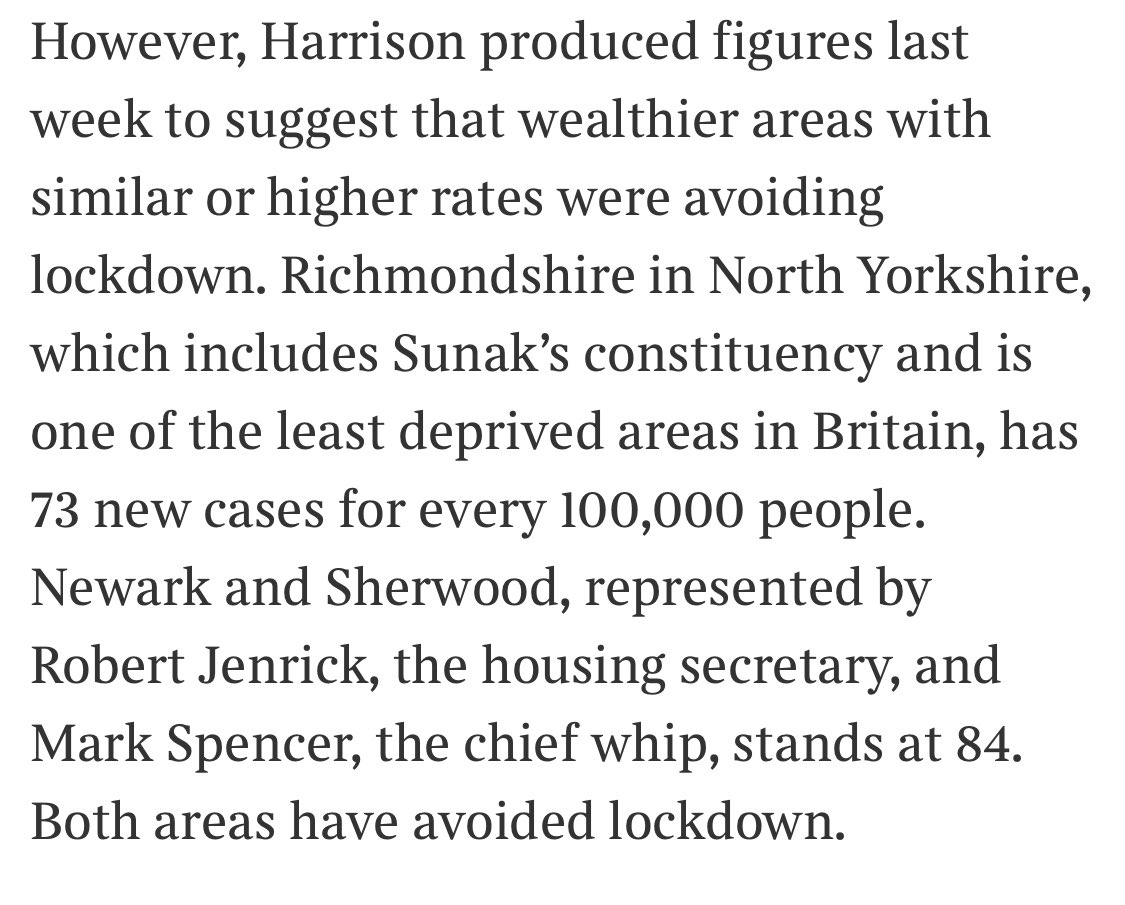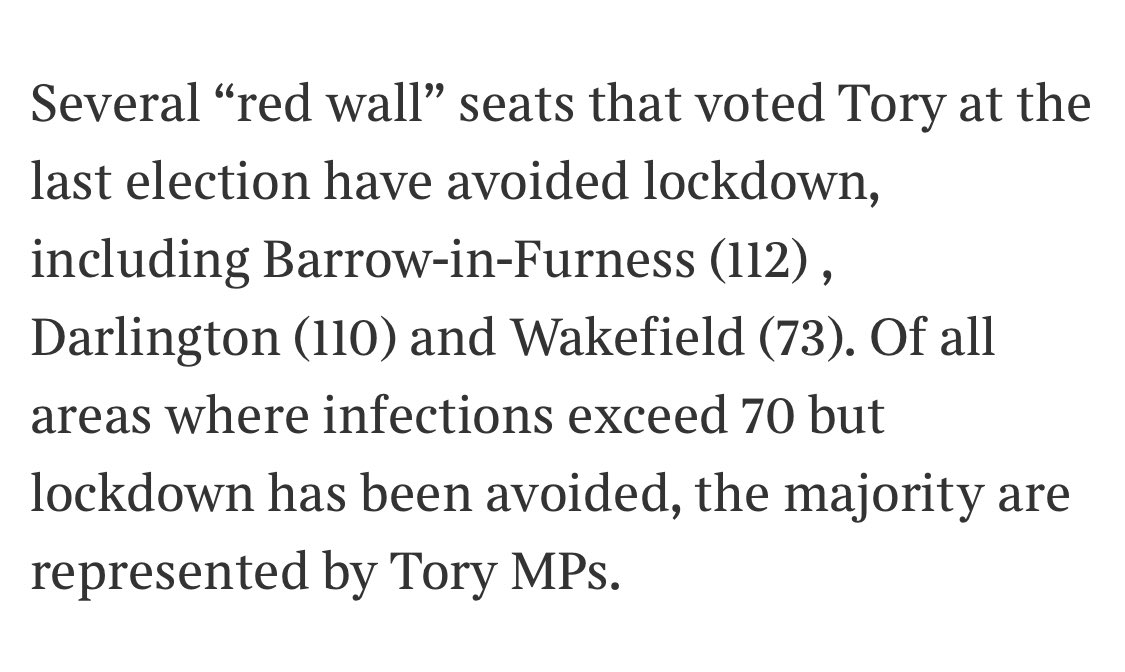
Some thoughts on this exchange on Wednesday in @CommonsFREU between @joannaccherry and @michaelgove and @DavidGHFrost on State aid/subsidies. parliamentlive.tv/event/index/38…
Cherry rightly put to Gove his claim in March that the UK would put in place a subsidy control system that the EU would recognise as robust.
She contrasted that claim with the BEIS 9 September pronouncement gov.uk/government/new… that as from 1/1/21 the UK would have no subsidy regime save for administrative “guidance” on how to comply with the UK’s WTO obligations.
That pronouncement went on to indicate that some time in “the coming months” the current government will publish a “consultation on whether the UK should go further than its international commitments, including on the need for further legislation.”
(Background: it appears that the administrative “guidance” would have no legal effect on the conduct of any authority. Moreover, WTO rules do not extend to services and with limited exceptions bite only when a subsidy causes injury to foreign industry in defined ways.
They do not apply where e.g. subsidies are used to purchase companies or assets, or, generally, to undercut competitors in procurement.)
Given the terms of the BEIS pronouncement, it is not clear on what basis Gove felt able to say that the system to be in place as of 1/1/21 could be described as “robust” or likely to satisfy the EU as being “robust”.
Frost dealt with the rest of Cherry’s questioning on the point.
He claimed that the 9 September statement “intended to provide clarity” as to the UK’s future regime. That is - as you may notice - a subtly different claim from a claim that it *did* provide any such clarity.
Frost’s careful language perhaps reflects the manifest impossibility of maintaining any claim that the BEIS pronouncement does provide any clarity, given its vague terms (vague as to whether there will be such a regime, let alone as to its contents: see above).
All Frost was able to add was that there “probably” would be an “administrative” regime “further down the line”.
Well, the end of the universe is “further down the line”, so that doesn’t add much. And “probably” is not exactly a commitment.
As for “administrative” regime, that is hopelessly vague. Note that if the regime is to catch the devolved administrations, it would require law: Westminster has no power to issue “administrative” instructions to them as to how they spend their money.
The key questions are as to the legal effect of such a regime. Who monitors and enforces compliance with it? What happens if the regime is not complied with? Does it give affected third parties rights to complain and to take legal action if the regime is breached?
Frost goes on to set out “high level principles” for such a regime: transparency; subsidies to be granted only for defined policy objectives; subsidies to be the right instrument; subsidies to generate a change in behaviour. (There may have been more: he was cut off.)
Those are all well and good: but setting out those principles skirts round the key question of how compliance with them is to be secured.
A system which sets out such principles only as aspirations, with no consequences for ignoring them, is not, and cannot be pretended to be, a “robust” system.
(Nor does it provide much assurance to UK business or foreign investors in the UK that they won’t face unfair competition from subsidised rivals.)
It therefore seems to me that the UK is going to have to go further and make commitments as to the legal effect and enforceability of its new regime (as well as committing to having one, as opposed to “probably” having one).
Moreover, there cannot be a Wild West of a more or less free hand on subsidies between 31/12/20 and the implementation of a new regime some time in 2021/22.
Since time has now run out for getting a 🇬🇧 subsidy regime in place for 1/1/21, it seems to me that the government will have to agree to hold over the State aid regime (modified for domestic operation) in the interim.
Fortunately, there is an existing draft SI, drafted last year, setting that regime up (using powers in s.8 of the Withdrawal Act). With some tweaks, it can work. I think it will have to do, in any event./ends
• • •
Missing some Tweet in this thread? You can try to
force a refresh

